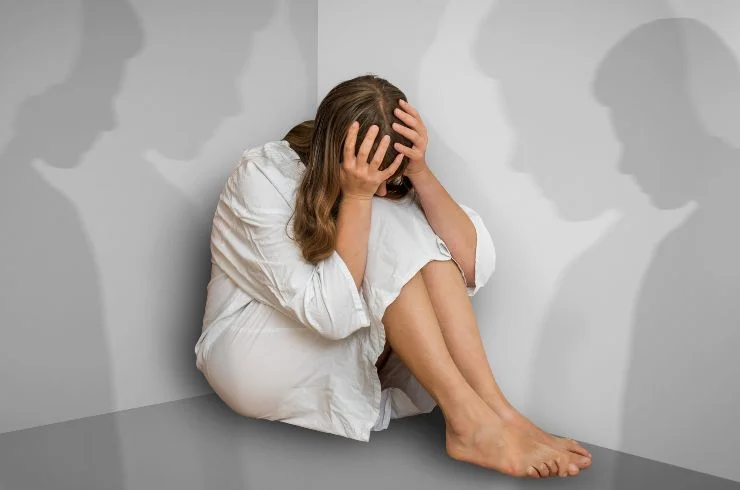Psychosexual disorders

Psychosexual disorders refer to a range of psychological and emotional issues that affect an individual’s sexual functioning and behavior. These disorders are often rooted in psychological factors such as past trauma, anxiety, stress, or unresolved emotional conflicts, and can manifest in various ways that interfere with sexual health and relationships.
Some common psychosexual disorders include:
Sexual Dysfunction: This involves difficulties with sexual desire, arousal, or orgasm. Examples include erectile dysfunction, premature ejaculation, or anorgasmia (inability to reach orgasm). These disorders may have psychological causes such as performance anxiety, depression, or stress.
Sexual Aversion Disorder: This disorder involves a strong aversion to sexual activity, often accompanied by feelings of fear or disgust. It can result from past trauma, abuse, or unresolved psychological issues
Paraphilias: These are atypical sexual interests or behaviors, such as fetishism or voyeurism, which may cause distress or harm to oneself or others. A person may develop a paraphilic disorder when these behaviors interfere with functioning or are acted upon inappropriately.
Sexual Addiction: This condition is characterized by compulsive sexual behaviors, where an individual engages in sexual activities to the point that it disrupts daily life and well-being.
Treatment for psychosexual disorders often includes psychotherapy, cognitive-behavioral therapy (CBT), and, in some cases, medication. Counseling can help address underlying emotional issues, improve communication with partners, and develop healthier sexual behaviors.


